So this is my first official blog post being back in Zambia (I am so excited), and I was lucky enough to start my trip off with a bang. Today I visited the maternity ward of a local hospital here in Lusaka with a very passionate young woman, Ms. Raheela Limbada, where I witnessed a live childbirth (see I told you it started with a bang even though I almost fainted).
Ms Raheela Limbada volunteers her time at many local hospitals providing counselling, motivation and courage to many underprivileged mothers, who do not have access to private healthcare. She also fundraises to help distribute baby hampers for these new mothers. Many of these young women have no family support system and come into hospitals all alone to give birth to their children. Ms Limbada told me that this is the main reason why she tries to get to know many of these mothers on a one on one basis and teaches them about personal care, hygiene and the general well being of a new mother. She also told me that in many hospitals in Zambia men are not allowed to enter the labour ward so these women have to go through child birth all alone, without their partner being present. “Childbirth is the hardest thing any woman has to go through and not to have your partner present when you are giving birth is tough” said Ms. Limbada. She added that this was another reason that motivated her to work closely with these mothers.
She is truly amazing as I witnessed her motivate a young woman going through labour and giving birth to a beautiful baby girl today. It was truly magical.
With that being said, I must also commend the hospital and the female nursing staff I met with today they were all very impressive and truly inspirational. Young, ambitious Zambian women working hard and doing a great job at what they do. Kudos to them!
I also had the honour of meeting a young mother and her child who had benefited from the hard work that the hospital was doing, the mother being HIV positive was receiving medical treatment and following a very rigorous regime and now having a one year old beautiful son who is HIV negative.
However, with positives there are always negatives. Zambia definitely faces many challenges when it comes to the healthcare system in particular those affecting women and children. But with that being said I am very pleased to say that the Government of Zambia is working very hard to improve the health of the people across the nation.
“We need to do something about this and we really hope we can get the help and support we require for a better future for our hospital and the health care system in Zambia”, said one of the nurses.
Hope you guys enjoyed my first post as you can see I am keeping it pretty chill so it a nice and easy read for you. I am doing my part I hope you are too 🙂 Goodnight all you lovely people xxx
~~~~~~~~~~~~~~~~~~~~~~~~~~~~~~~~~~~~~~~~~~~~~~~~~~~~~~~~~~~~~~~~~~~
MDG 5: Improving Maternal Health
To achieve this goal, Zambia needs to significantly reduce the number of women dying due to complications during pregnancy, child birth and the postpartum period over the coming four years. Maternal mortality decreased from 649 deaths per 100,000 live births in 1996 to 591 in 2007. The target is 162 in 2015, which means a further reduction of 429 deaths per 100,000 has to be achieved by 2015. The known success factors are the presence of trained midwives at births, and rural feeder roads and transport that get pregnant women to health clinics on time. The necessary investment in terms of training, oversight and incentives for midwives should be provided in conjunction with improved access to and monitoring of rural health posts, and curbing unsafe home-based birthing practices.
* The Zambian data displayed above is from the Zambian Millennium Development Goals Report 2011.
Follow the link here to read the 2013 Millennium Development Goals (MDGs)Report for Zambia.
Response to Alia’s blog by Chibwe Henry, DfAD CEO:
“ZAMBIA will not realise all the Millennium Development Goals (MDGs) targets by 2015 despite some notable progress that the country has made”, announced Finance Minister Alexander Chikwanda recently. Mr Chikwanda added that the country would not be able to meet the MDGs but that Government remained committed to sustaining progress by 2015.
Alia’s blog shows what “would not be able to meet the MDGs” actually means for the people of Zambia. As a Zambian in the Diaspora, Alia is bringing the true face of health care in Zambia to light, which begs the following questions, “How many qualified Doctors, Nurses, Policy Makers, Public Health Workers and other skilled and specialised workers are there in the Diaspora? What are they doing to contribute to Zambia’s attainment of the MDGs? Are they willing to practically engage in skills transfer programmes that will enable them to actually contribute to sustainable health care in Zambia, in Africa?”
It’s time for African Diaspora to sit up and examine itself. Let’s stop the complaining and find (invent!!!) ways of contributing to the development of our continent. No more talking shops please, the women of Africa can’t give birth on your pontifications! Africans on the continent deserve decent access to health care services too. So don’t just sit back, African Diaspora, ACT NOW!

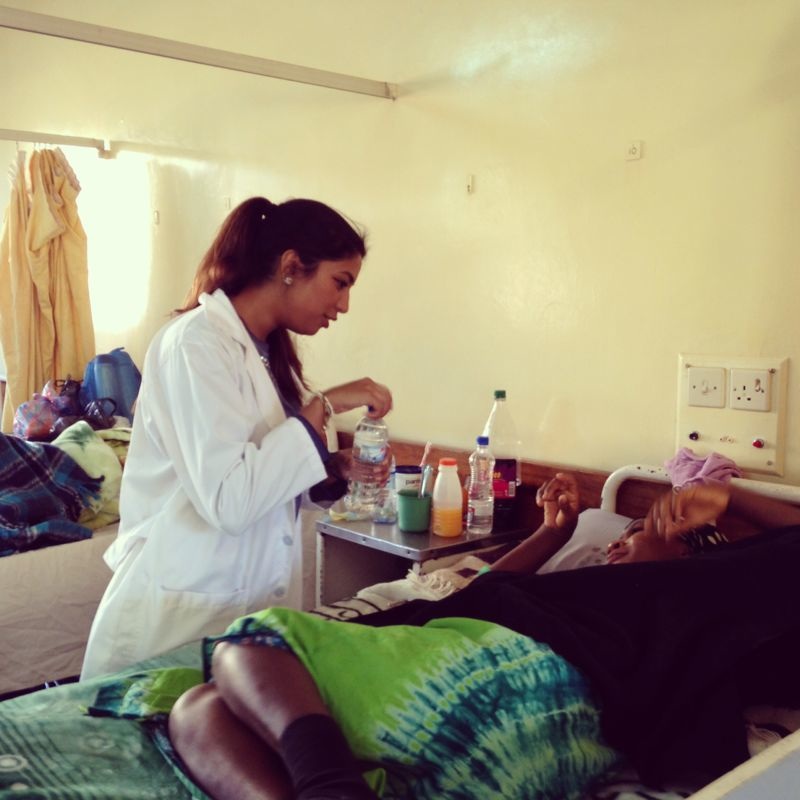
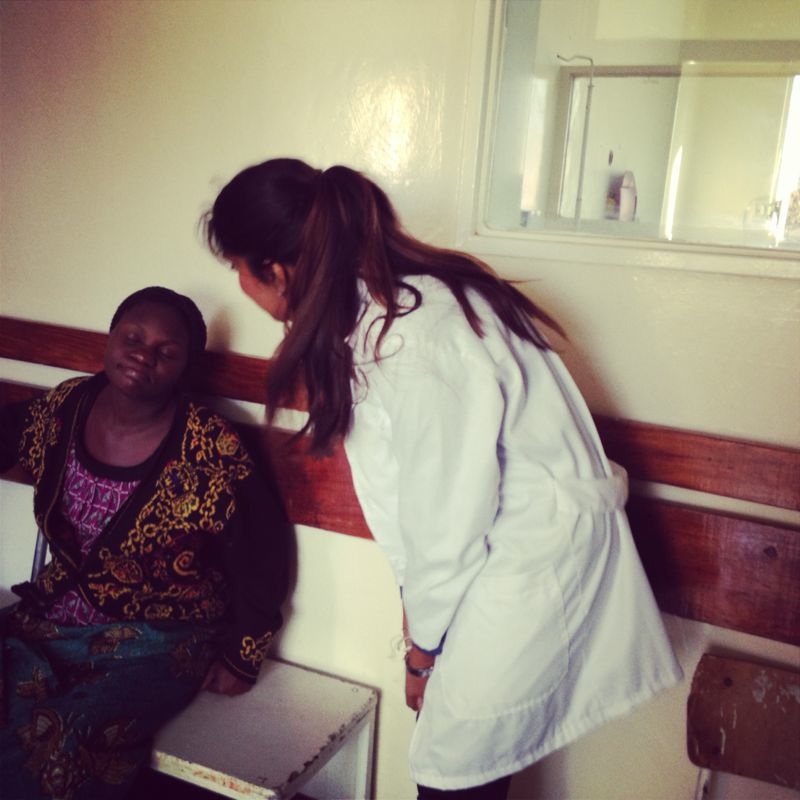
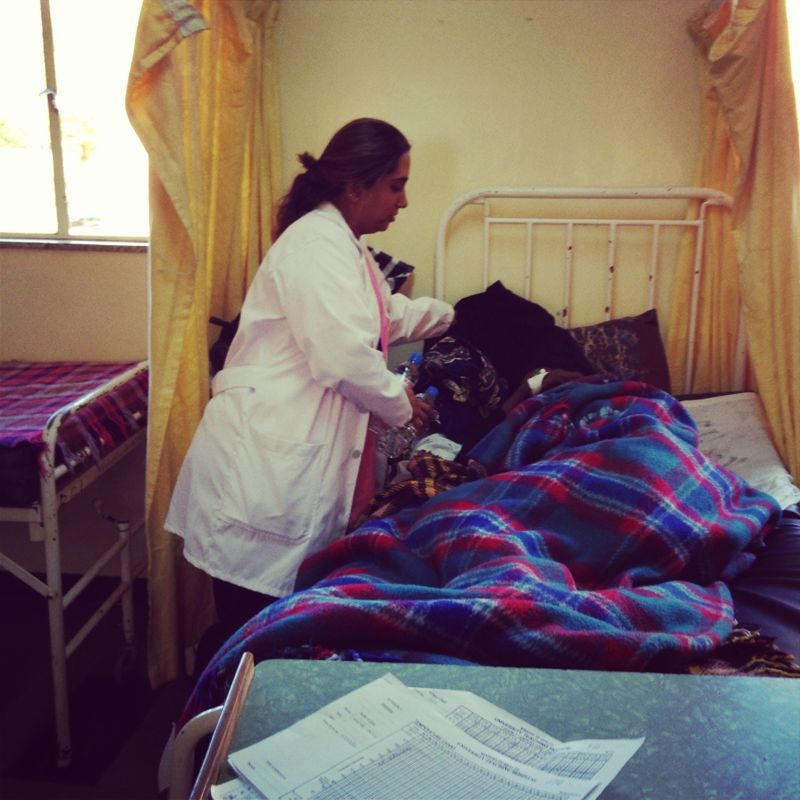
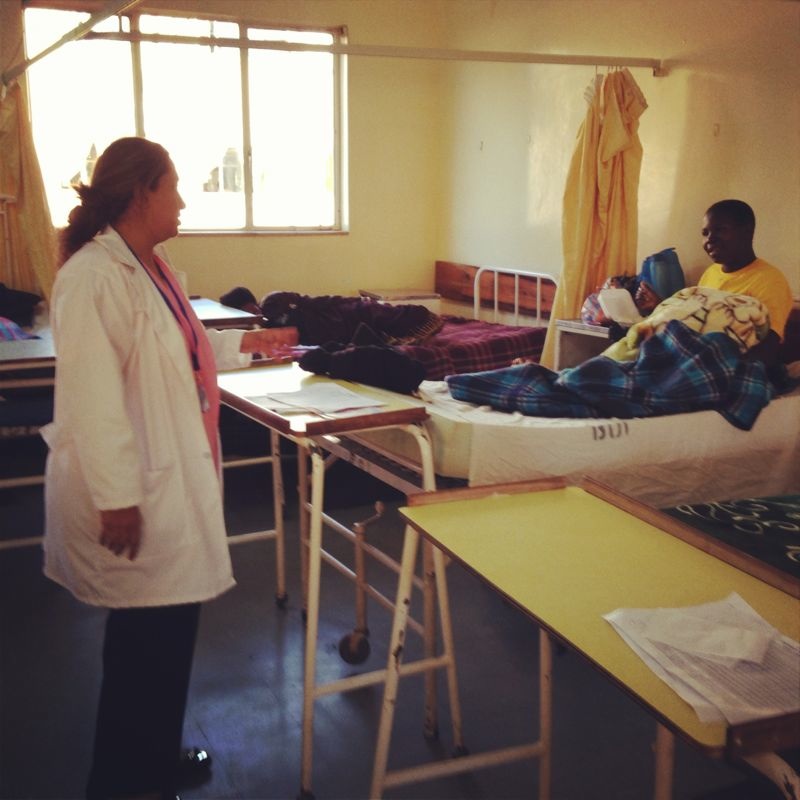
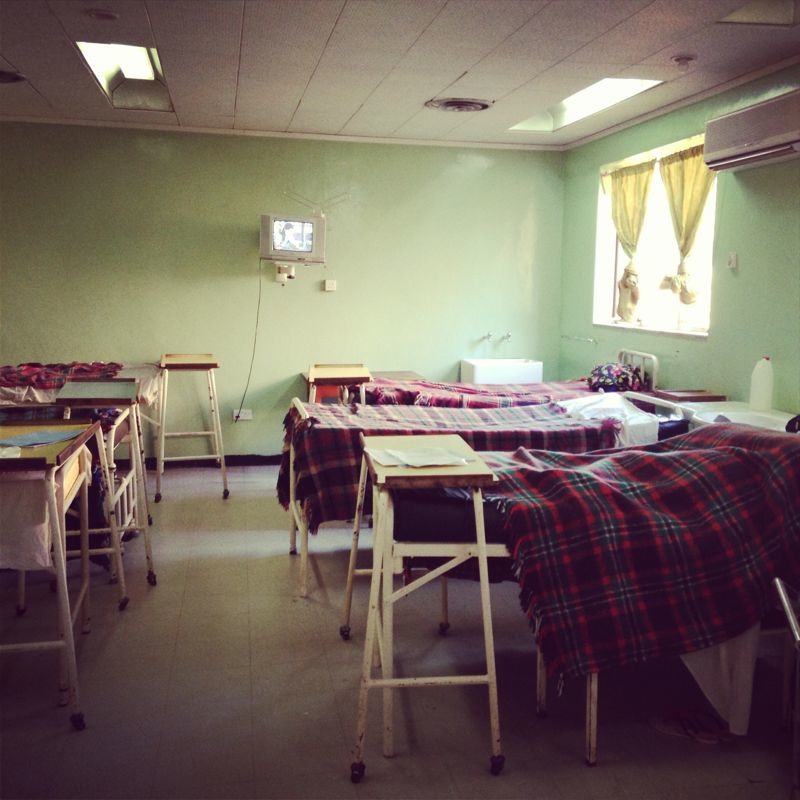

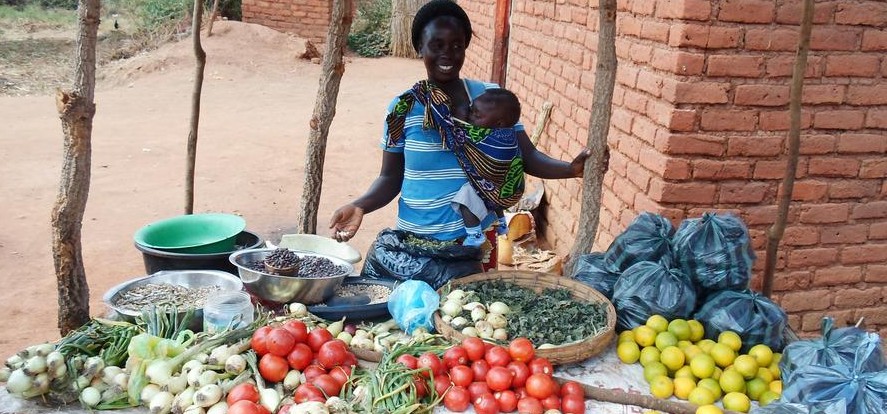
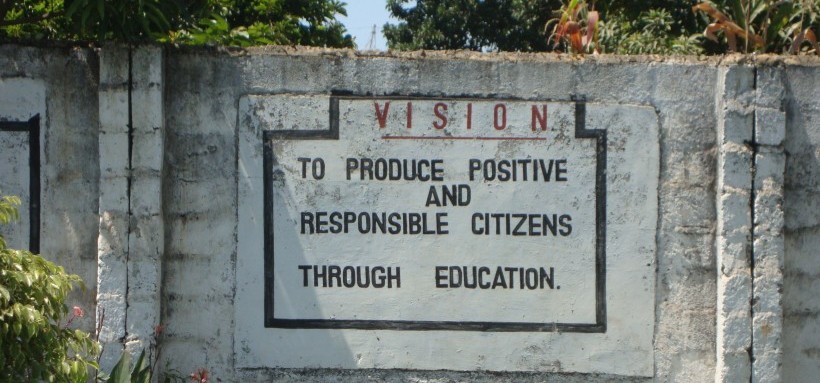
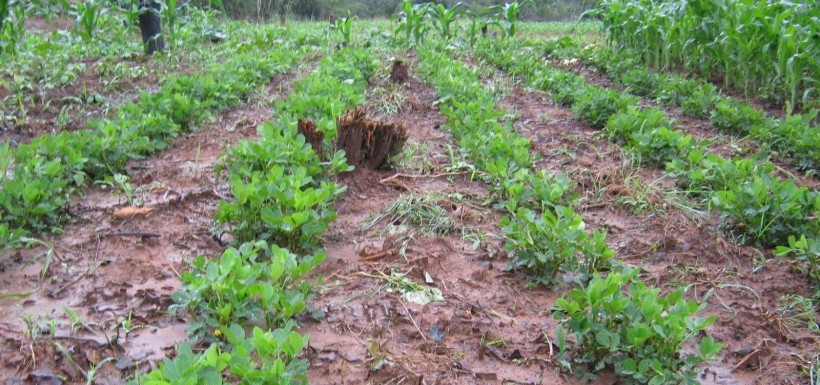
No Comments to "Eventful Day At Local Hospital In Lusaka"